Northwest Territories: The Good Life?
Northwest Territories: Examining Succession Claims and Federal Relations
Population and Demographics
The Northwest Territories (NWT) has a relatively small population of approximately 45,000 residents, making it one of Canada's least populated territories. The three largest communities are:
-
Yellowknife (capital): ~20,000 residents
-
Hay River: ~3,500 residents
-
Inuvik: ~3,000 residents
Economic Landscape
The NWT economy relies heavily on natural resource extraction, particularly diamond mining, oil and gas, and to a lesser extent, tourism and government services. The territory possesses significant mineral wealth, with diamond mines being a cornerstone of the economy since the 1990s.
Income comparison with Ontario:
-
Average household income in NWT: Approximately $117,500 CAD
-
Average household income in Ontario: Approximately $97,900 CAD
While incomes appear higher in NWT, this must be contextualized against the significantly higher cost of living in the North, where food, housing, transportation, and energy costs can be 30-60% higher than southern provinces.
Major Challenges
The Northwest Territories faces several significant challenges:
-
Infrastructure deficit: Limited transportation networks, aging facilities, and inadequate housing
-
Climate change impacts: Permafrost thaw, coastal erosion, and changing wildlife patterns
-
Social issues: Higher rates of substance abuse, mental health challenges, and limited healthcare access
-
Indigenous reconciliation: Ongoing implementation of land claims and self-government agreements
Succession Sentiments: Political and Public Figures
It's important to note that while there have been occasional discussions about greater autonomy, there is no significant organized movement for Northwest Territories succession (or secession) from Canada. Most political discourse focuses on devolution (transfer of federal powers to territorial control) rather than separation.
Territorial Premier Caroline Cochrane has advocated for greater decision-making authority but has not supported separation, stating: "We need stronger partnership with Ottawa, not separation. Our path forward is through devolution and self-determination within Canada."
Indigenous leaders like Dene National Chief Norman Yakeleya have emphasized: "Our focus is on implementing existing treaties and agreements. The conversation isn't about leaving Canada but ensuring Canada respects our inherent rights."
Federal Northern Affairs Minister Dan Vandal has acknowledged: "The unique challenges of the North require collaborative solutions. We're committed to working with territorial governments to address these issues."
Grievances with Ottawa
While not seeking succession, Northwest Territories has several significant grievances with the federal government:
-
Resource revenue sharing: Despite being resource-rich, the territory keeps only 50% of resource revenues before clawbacks begin (compared to 100% for provinces)
-
Decision-making authority: Many decisions affecting the North are made in Ottawa without adequate local input
-
Infrastructure funding gap: Per capita infrastructure funding doesn't account for the massive territory size and harsh conditions
-
Climate policy impacts: Federal carbon pricing and environmental policies can disproportionately affect Northern communities with limited energy alternatives
-
Indigenous self-determination: Slow progress on implementing land claims and self-government agreements
Path Forward
Rather than succession, most Northwest Territories leaders advocate for:
-
Enhanced devolution agreements
-
Constitutional reform recognizing northern realities
-
Greater Indigenous self-government
-
Increased federal infrastructure investment
-
Customized approaches to climate policy for northern regions
The territory's relationship with Ottawa continues to evolve, with most stakeholders seeking reform within the Canadian federation rather than separation from it.
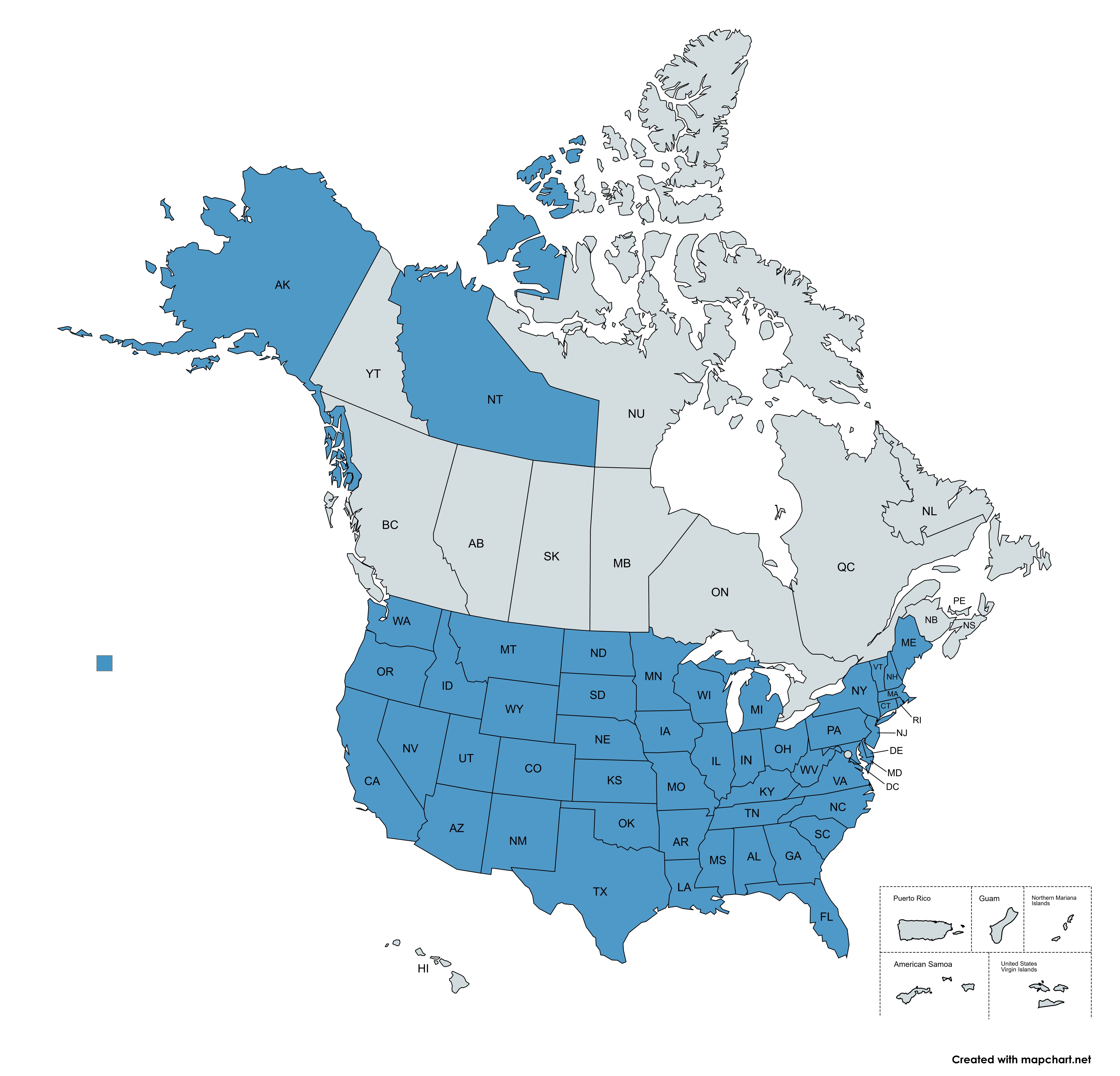

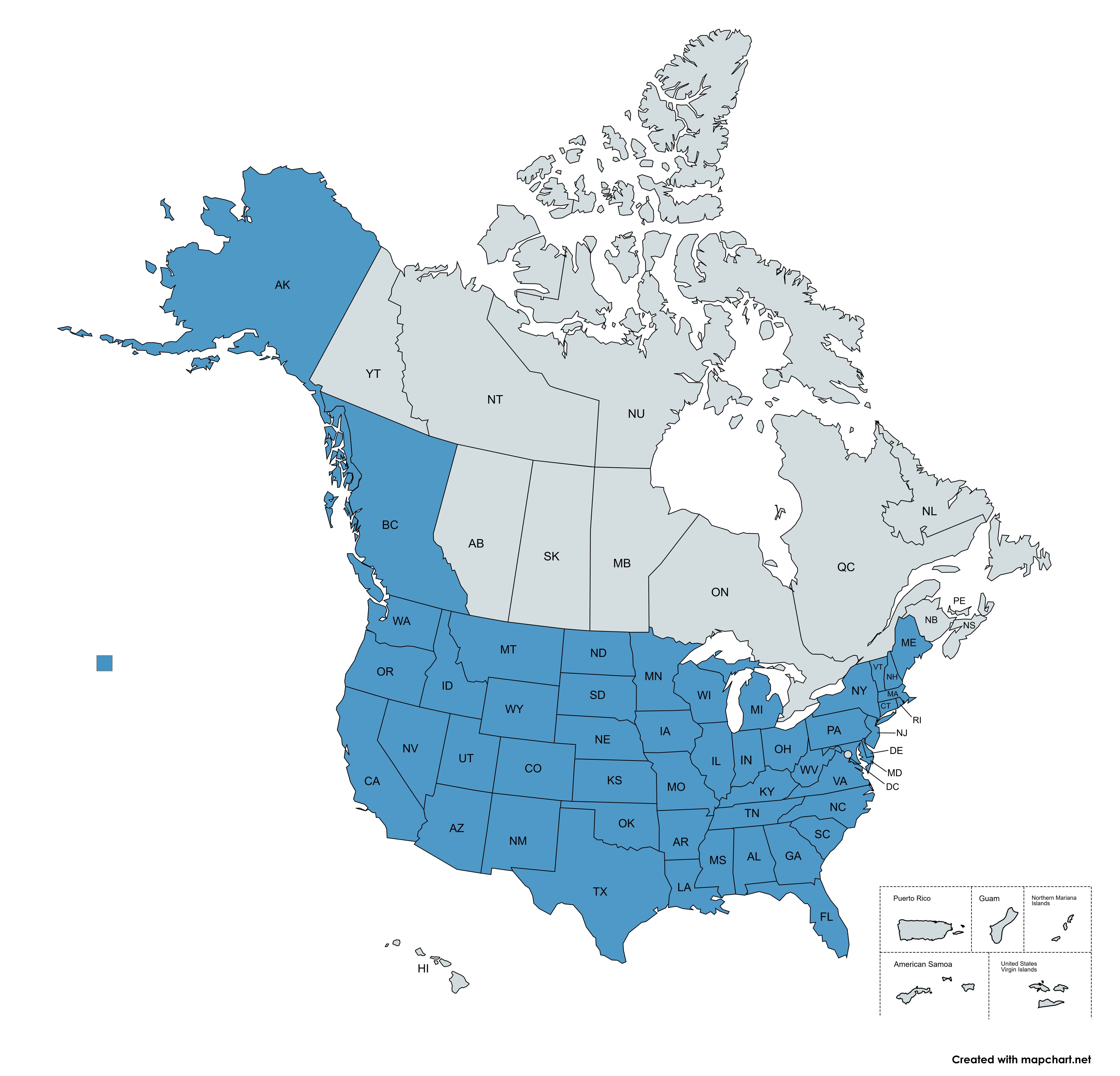
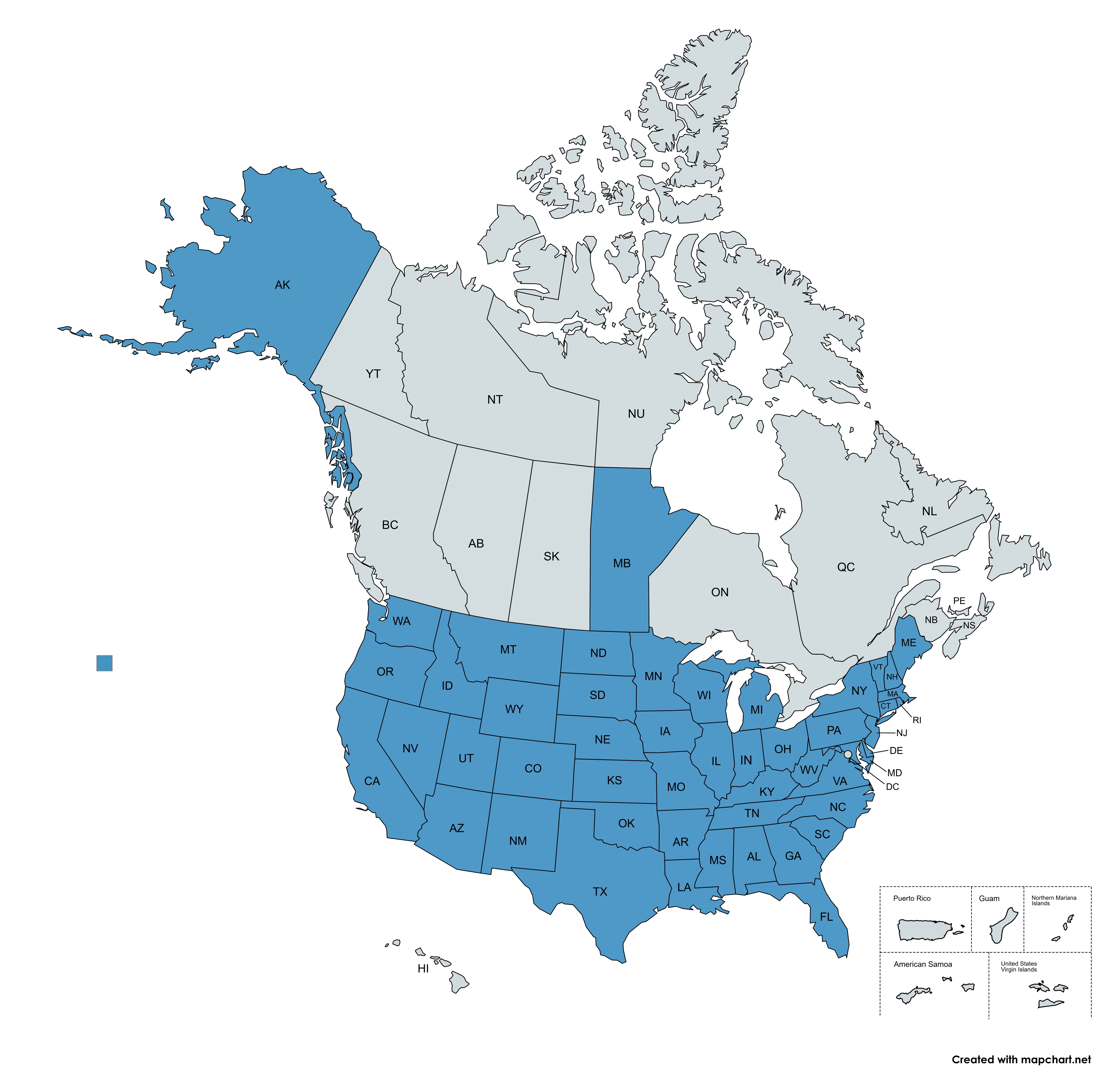
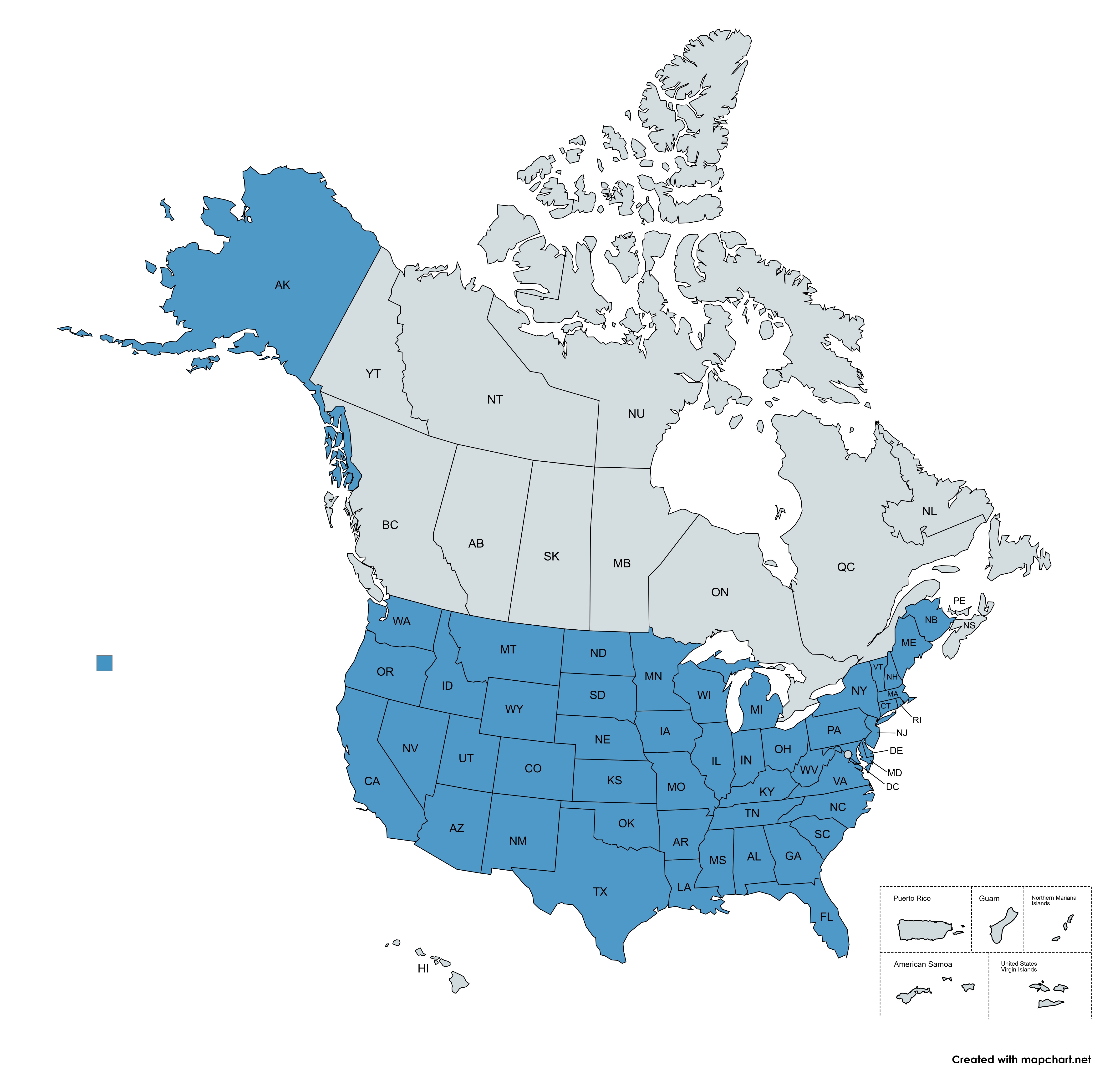
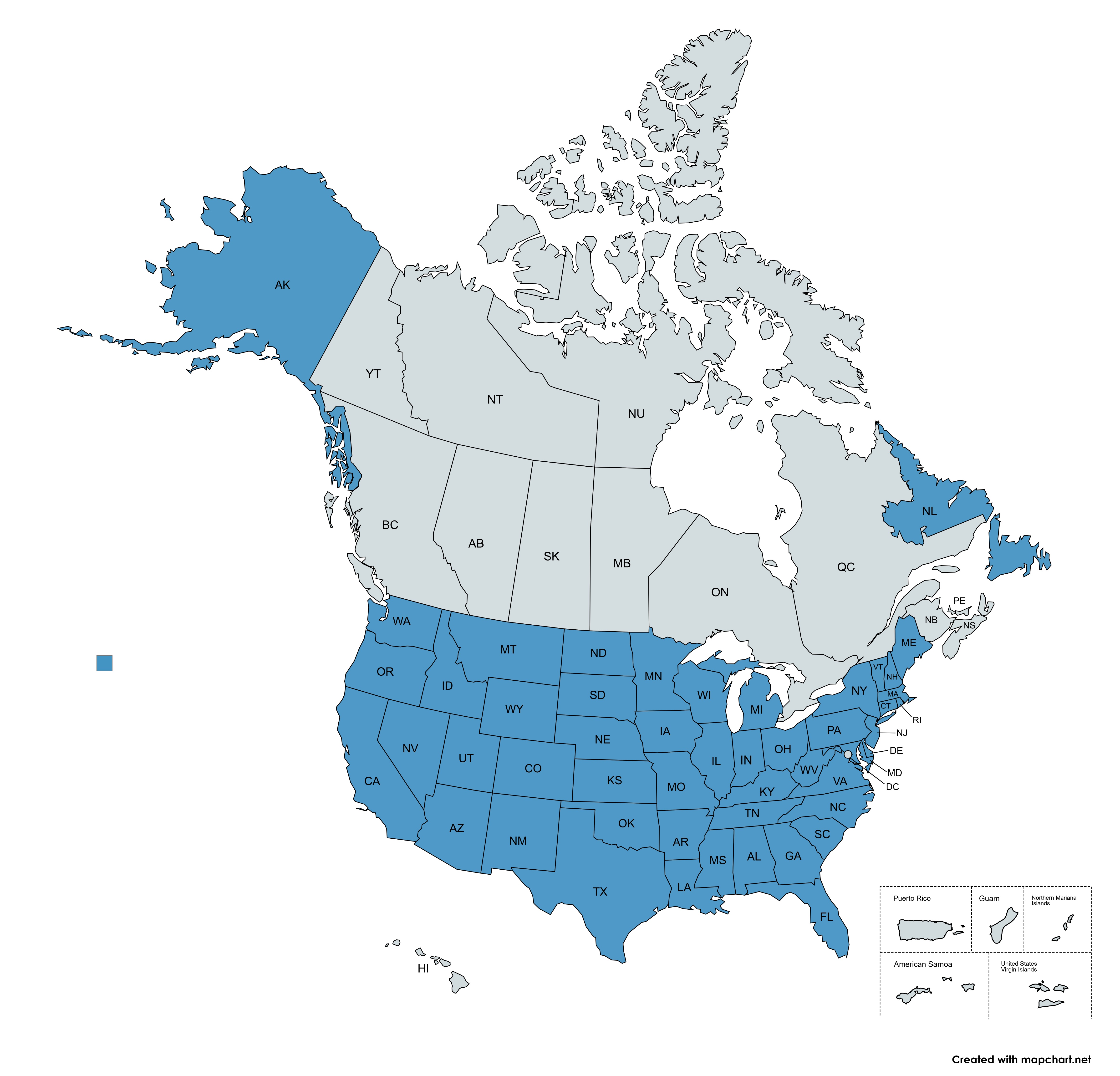
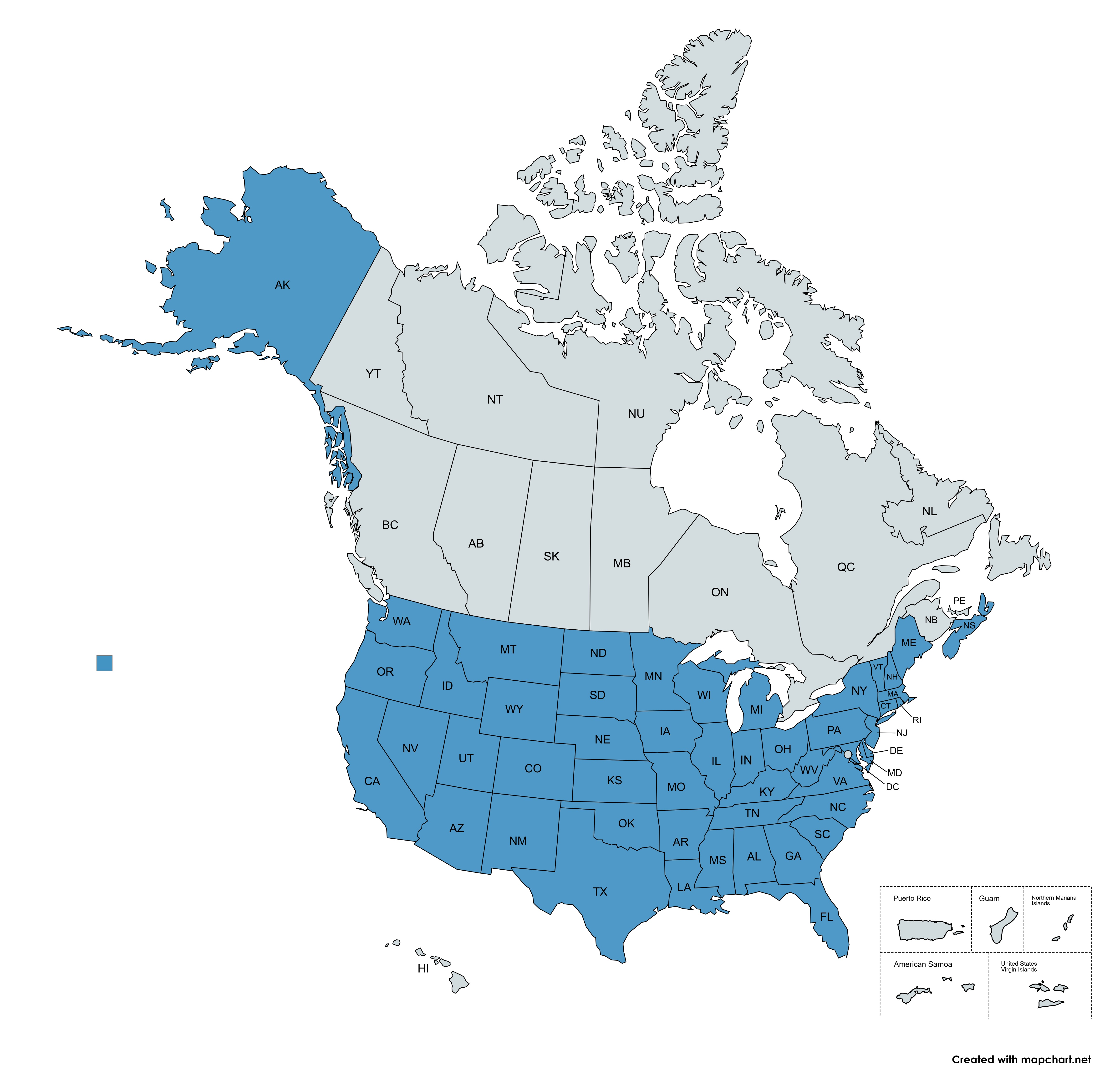
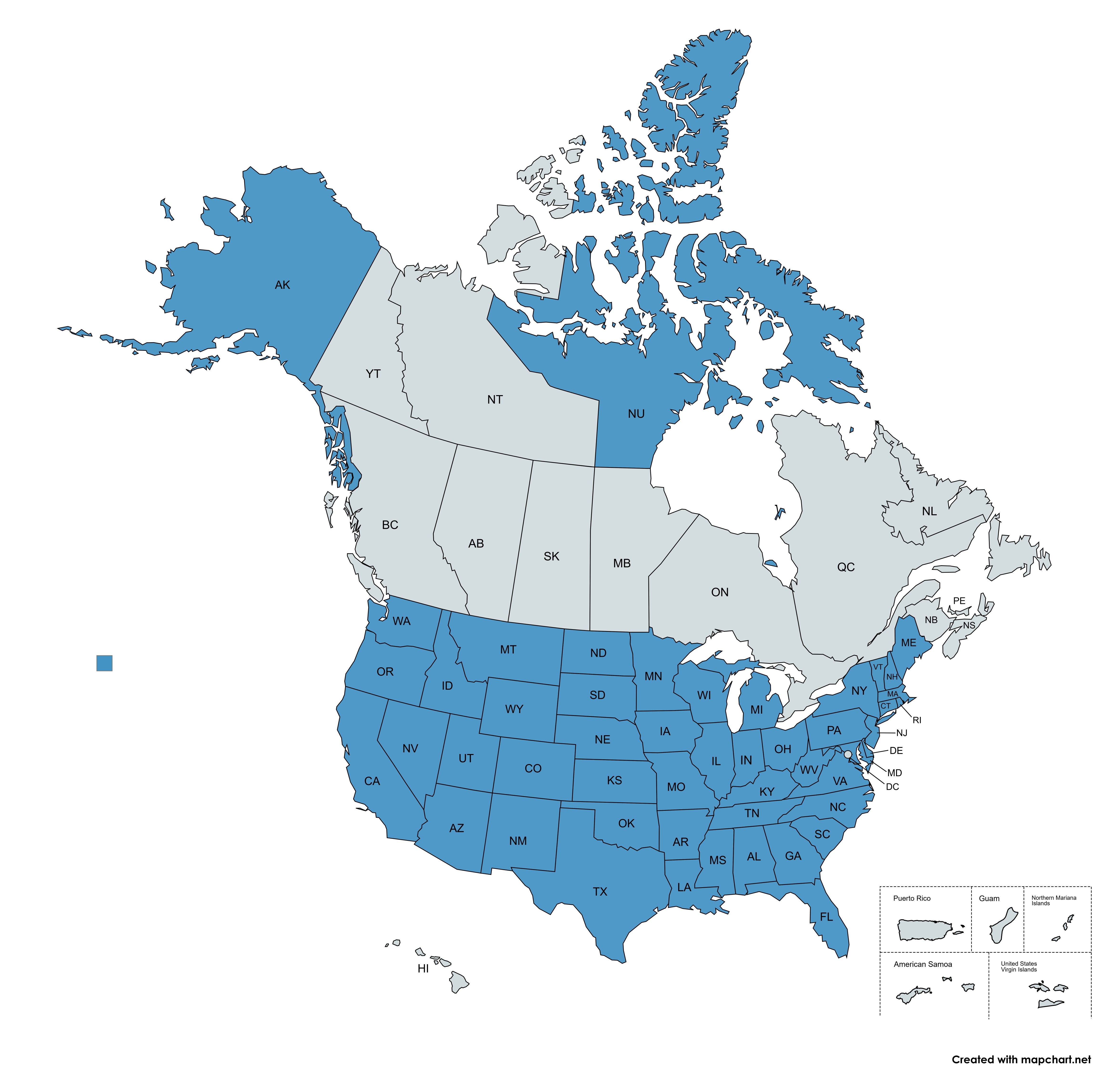

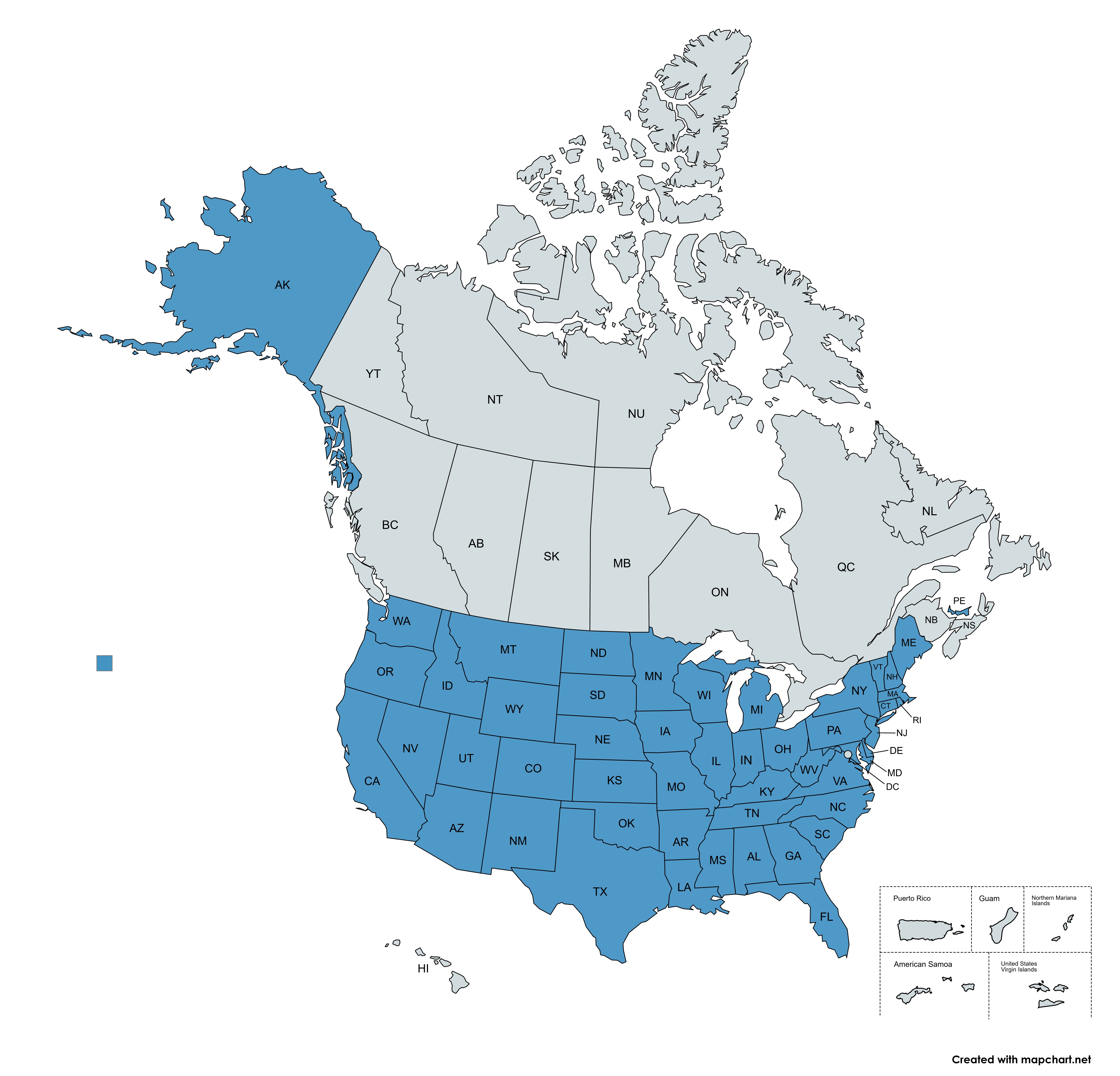

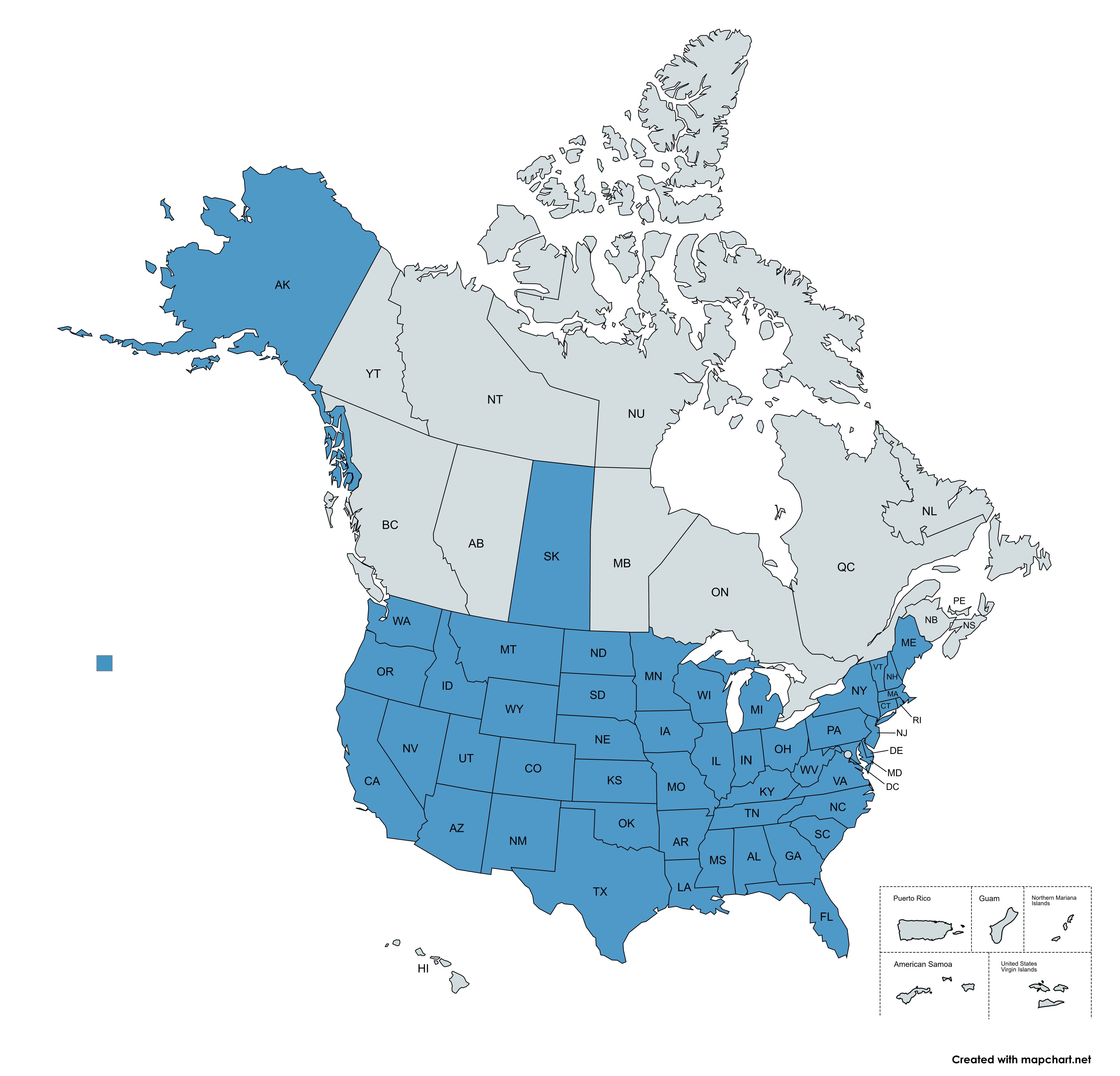
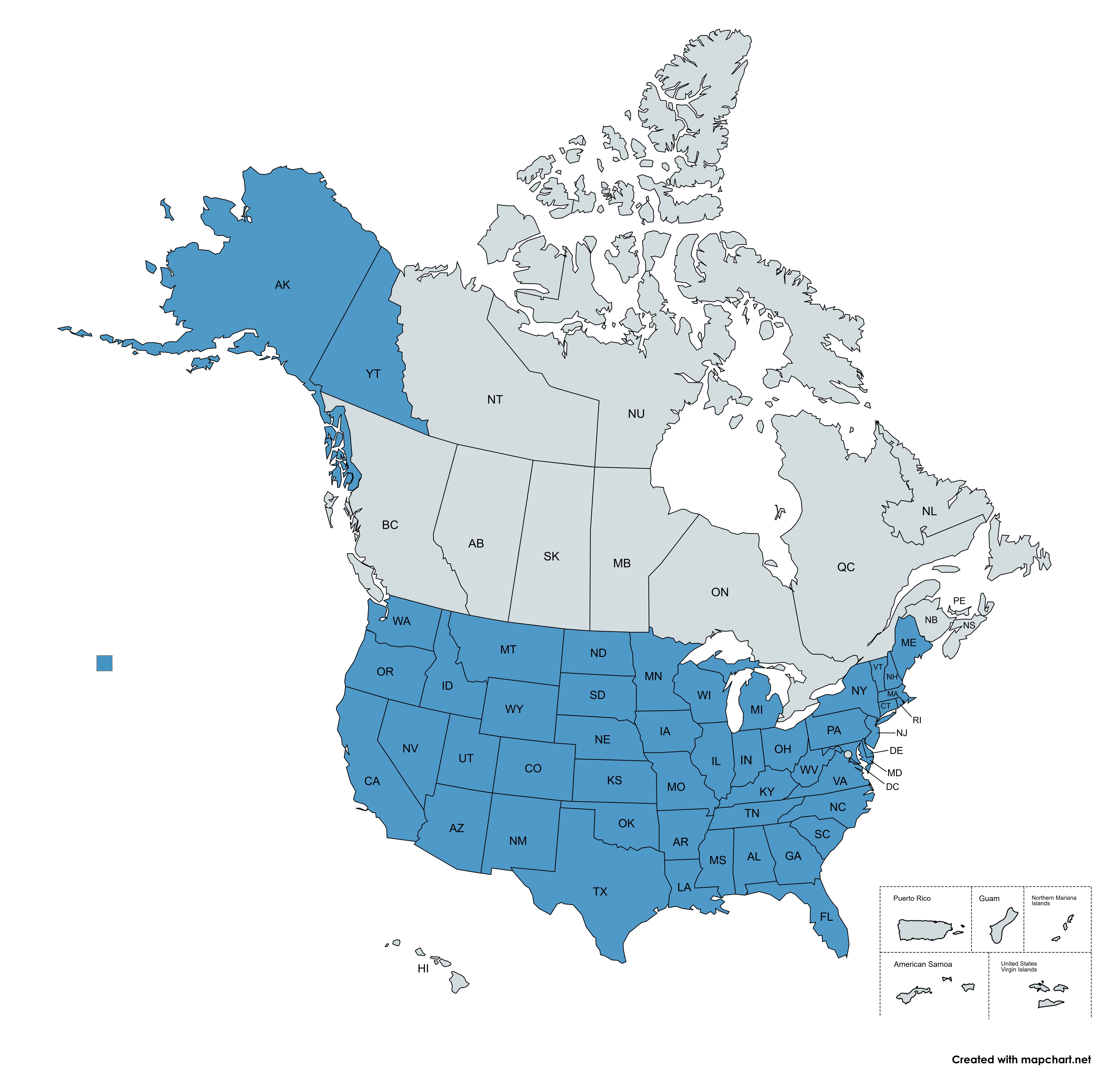
Comments
No comments yet. Be the first to comment!